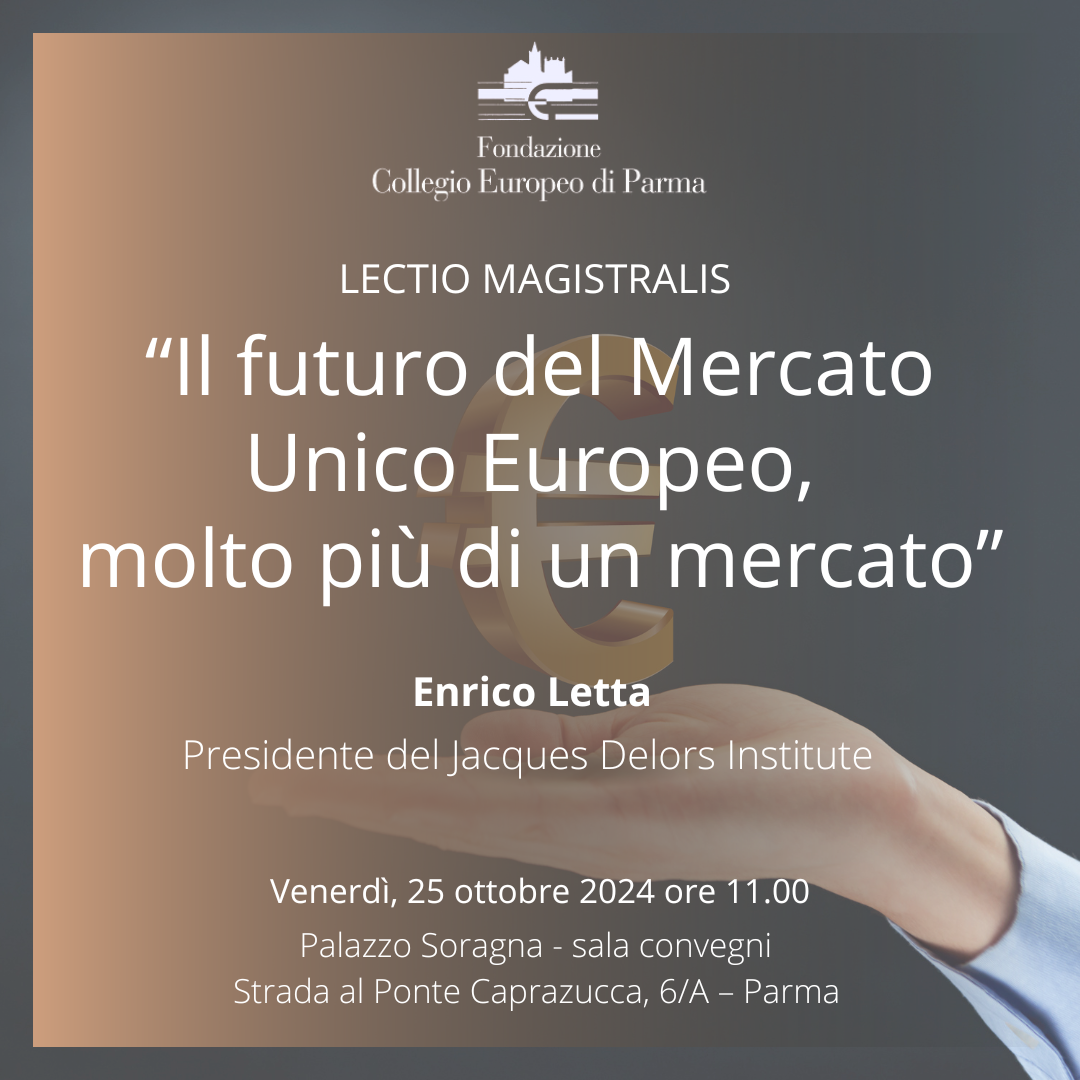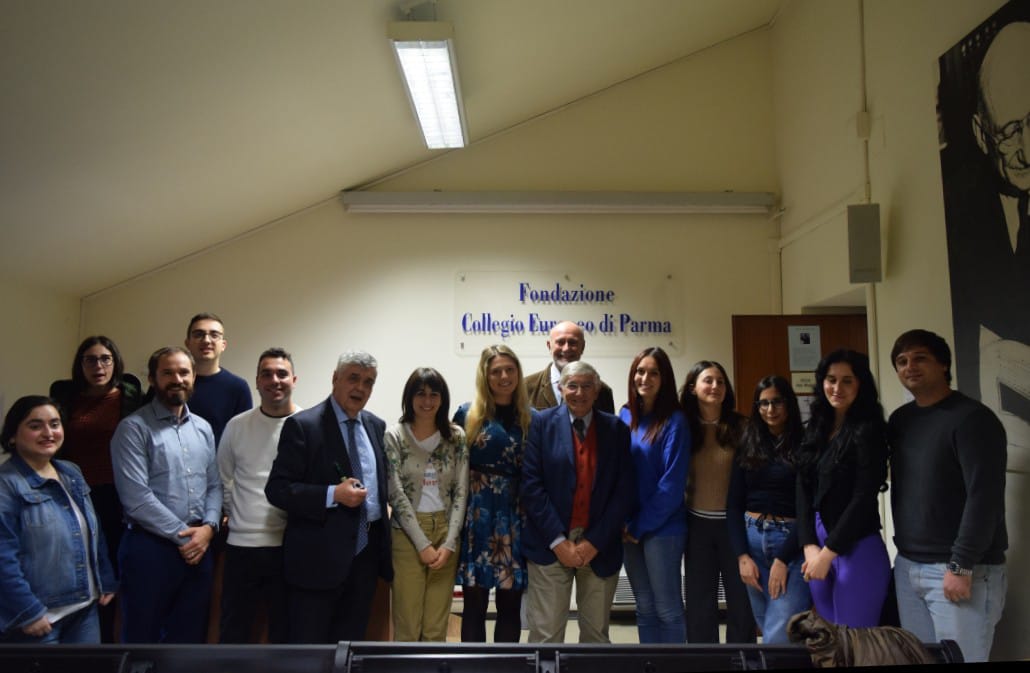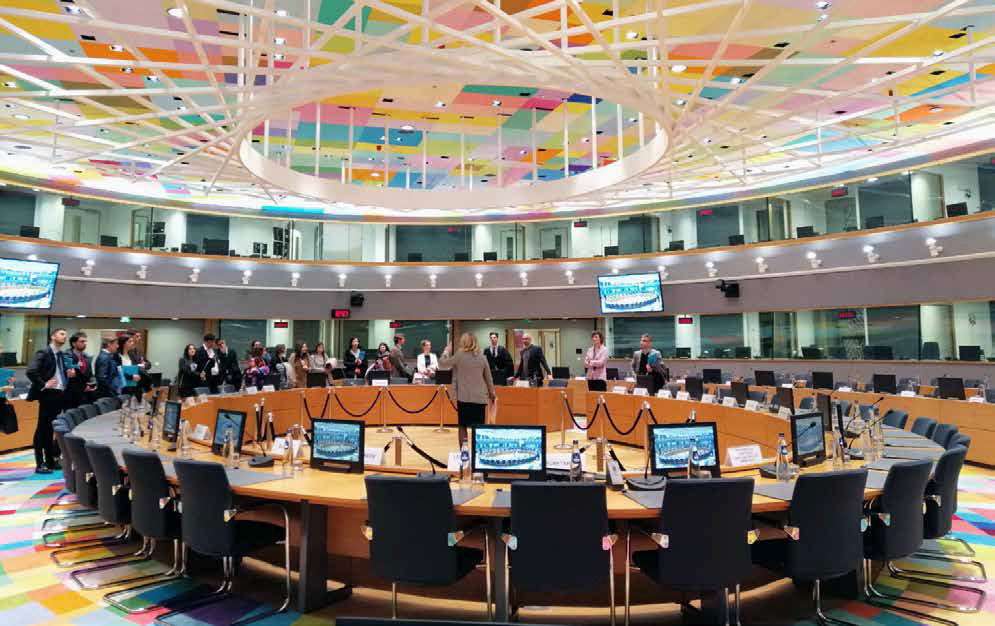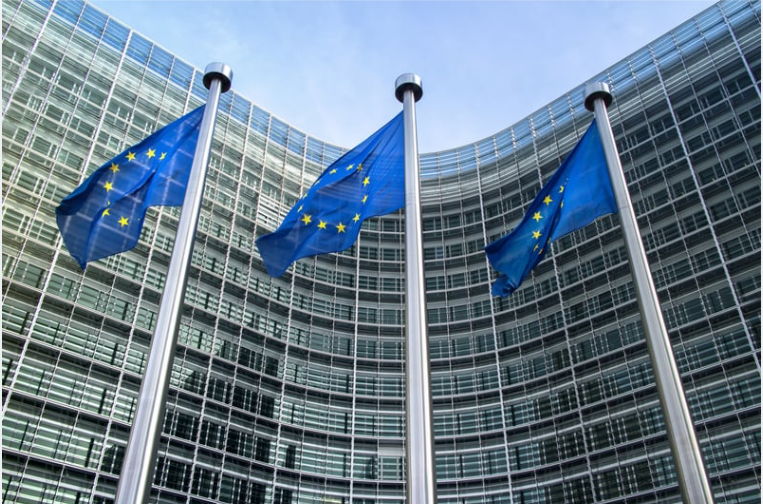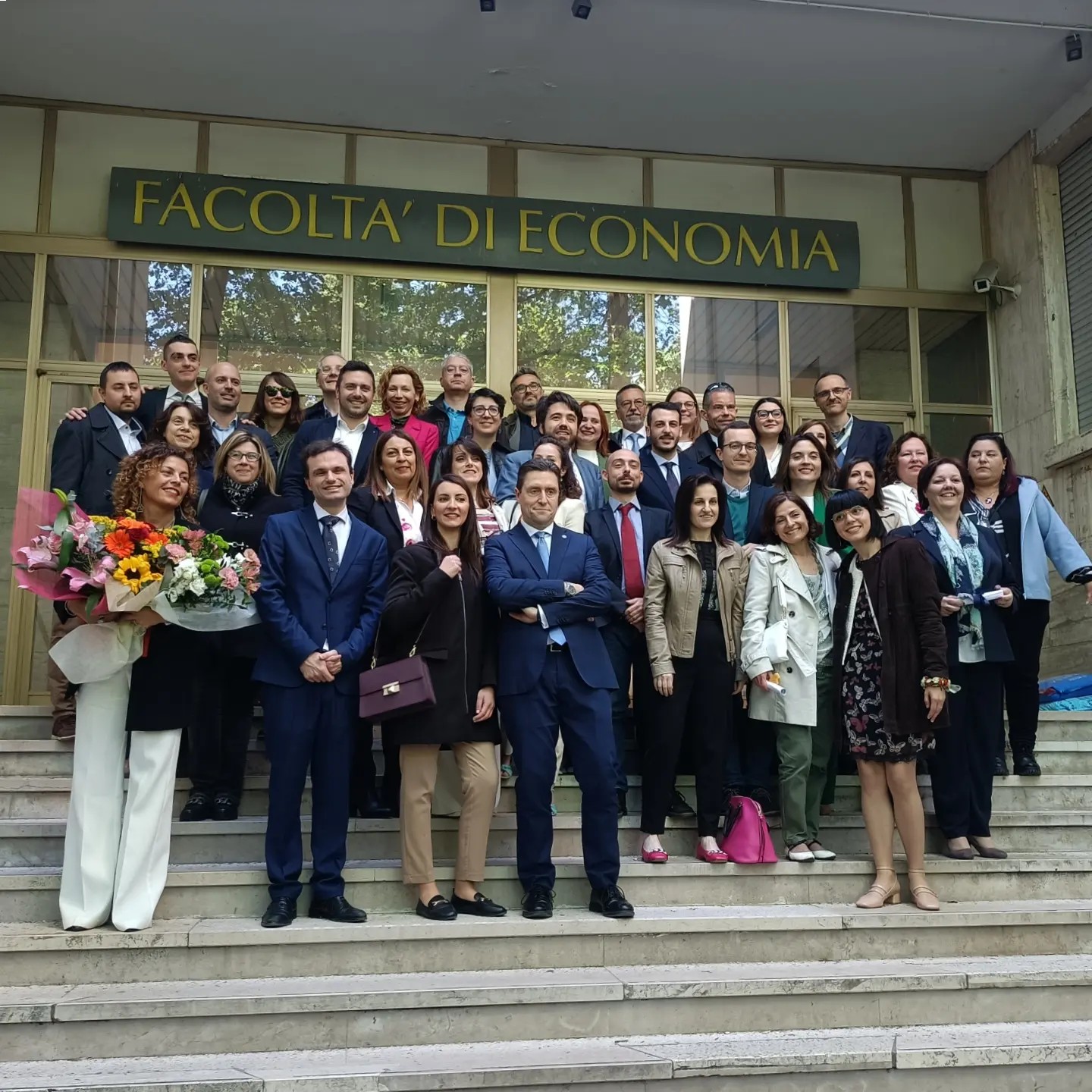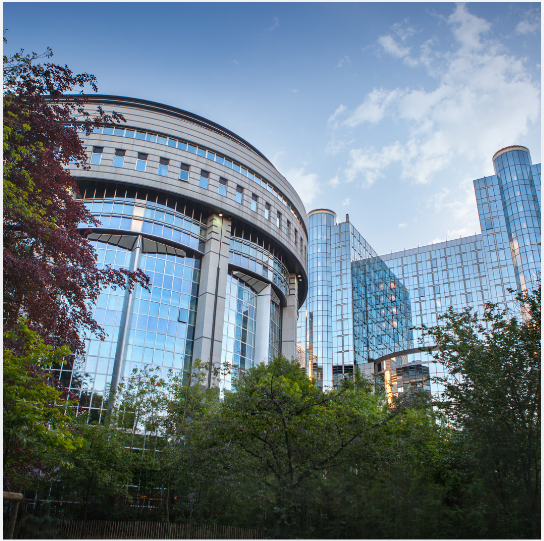Alfredo De Feo, Scientific Director of the european college of Parma foundation
It is probably the first time since 1979 that the European press and media have dedicated so much space to Europe. After the initial controversies following the approval of the European Council’s proposed candidate, Ursula von der Leyen, by the new European Parliament with over 55% of the vote, a delicate phase has begun. This phase must lead to the definitive approval of the Commission that will guide the European process towards 2030.
August, in particular, will be intense and challenging for the Commission President. President von der Leyen will need to balance the program she presented to the European Parliament, the competencies of the Commissioners, the parliamentary majority, the balance within the Council, and, importantly, gender parity. Only the right mix of these elements can ensure a smooth final passage before the European Parliament, leading to the Commission’s official start.
The President of the Council will have to contend with the ambitions and demands of the twenty-seven governments, which include 13 center-right, 10 center-left, 2 right-wing, and transitional governments in France and Belgium.
Before voting to approve the Commission, the European Parliament will conduct hearings for each commissioner candidate through its respective parliamentary committees. In the past, the Parliament has rejected several commissioner candidates. The first instance was in 2004 when the Parliament rejected Rocco Buttiglione’s candidacy, forcing the Italian government to nominate Franco Frattini instead. Although not stipulated by the Treaties, this procedure has been respected by governments whose candidates have failed the parliamentary exam to avoid the risk of the entire Commission being rejected.
To avoid this risk, governments must show flexibility by proposing competent candidates for the portfolios that President von der Leyen will assign to them. This step should not be underestimated.
The Commissioners, along with the President, will shape the Commission’s policies. Among them will be Commissioners aligned with parties that voted against President von der Leyen. The real working program of the Commission will emerge from the balance formed within the Commission itself. In reality, President von der Leyen’s political agenda to guide Europe towards 2030 is still to be written.
The candidate president’s programmatic speech to the European Parliament had political significance, especially regarding her personal commitment, but it does not constitute a work program. Once in office, the Commission will need to prepare proposals, considering the balance within the Commission, the significant parliamentary minority, and the positions of nine governments, five of which belong to the Conservative ECR group (Italy, Finland, Czech Republic, Sweden, and Belgium) and four to the Patriotic group. These parties range from Euro-opportunists to Euro-critics, Eurosceptics, or anti-Europeans.
Beyond the program presented to the European Parliament, the task of the likely Commission President until 2029 will be much more complex. The proposals emerging from the College of Commissioners will face a legislative procedure that can only be concluded with a compromise between the two branches of the legislative power. The Commission must foster the best compromise while considering the trends from the European vote and the positions of a third of the states, knowing that unanimity is not always necessary within the Council.
The real challenge for President von der Leyen will be to set a European policy that is more sustainable for European citizens and businesses. Only this political agenda can reduce the dissatisfaction that has largely fueled nationalist parties.
Published in Gazzetta di Parma on August 5, 2024


